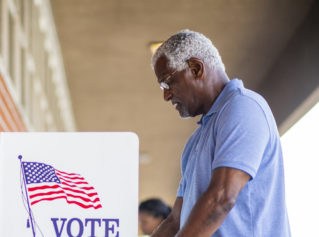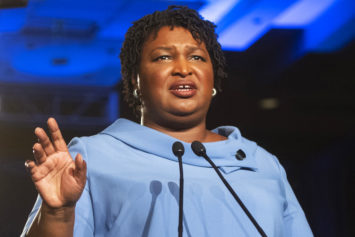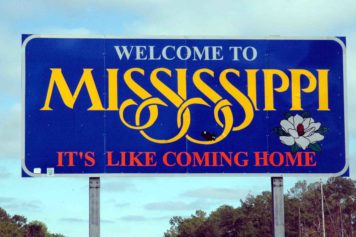Once again, an analysis of alleged election fraud reveals that in-person voter fraud is nearly nonexistent.
The Washington Post reported last week that News21, a national investigative reporting project based at the Walter Cronkite School of Journalism and Mass Communication at Arizona State University, reviewed 2,068 reported fraud cases since 2000 and found just 10 incidents in which in-person voter impersonation occurred. The project noted that with 146 million registered voters, the results represented about one case of fraud for every 15 million prospective voters.
The report was based on a national public-records search in all 50 states. Elections officials in each state were asked for every case of voter fraud, from registration fraud, absentee-ballot fraud, vote buying; false election counts; campaign fraud; the casting of ballots by ineligible voters, such as felons and non-citizens; double voting; and voter impersonation, The Post reported.
Greater fraud was found in absentee ballots and voter registration, 491 cases of alleged absentee ballot fraud and 400 cases involving registration fraud nationwide.
Additionally, the report showed that of the alleged cases of fraud, 46 percent resulted in acquittals, dropped charges or decisions not to bring charges.
Across the country, however, state lawmakers have concentrated legal remedies on voting at the polls, where photo ID fraud basically is nonexistent. Further, photo identification would not have made a difference in those instances where fraud occurred.
Thirty-seven states have enacted stringent voter ID laws.
The analysis showed that many people simply made mistakes, including election officials who made clerical errors or gave voters inaccurate information because they were confused about eligibility rules.
One case cited in the report involved a 17-year-old youth who used his father’s name to vote for George W. Bush in the 2004 Republican presidential primary in New Hampshire. His record was cleared after he performed community service.
Civil rights organizations say the new voter rules on the books are aimed at discouraging turnout at the polls, particularly by minorities, and other groups, who tend to vote Democratic.
The NAACP has targeted 12 states for an enhanced registration, education and GOTV (Get Out The Vote) campaign (www.thisismyvote.org). In addition to voter ID laws, some states have passed new laws that restrict voter registration drives, limit when and where people can register to vote, reduce the window for early voting and improperly purge voter registration rolls, prompting the U.S. Justice Department to file challenges.
Earlier this year, the Center for American Progress reported the conservative American Legislative Exchange Council (ALEC) proposed “model Voter ID legislation,” sent to conservative lawmakers in state legislatures, that prohibited certain forms of identification, such as student IDs, in an effort to discourage likely liberal voters, including the students and lower-income Americans.
According to the Center, which received a copy of ALEC’s proposal, the plan said that registering the poor “to vote is like handing out burglary tools to criminals.”
The News21 analysis noted that the Republican National Lawyers Association, which claims ensuring “open, fair and honest elections,” as part of its mission, cited about 375 election fraud cases, based primarily on news reports. But the report found that just 77 of the cases were alleged fraud by voters and that there were no cases of voter impersonation fraud. Of that group, 33 resulted in convictions or guilty pleas.
Voting rights activists have said the new voter registration and ID laws are nothing short of efforts to disenfranchise targeted groups of voters. The efforts increased substantially after the 2010 elections when Democrats lost governorships and state legislature majorities to Republicans.
“As a community-based organization that has registered over a million new voters over the years in our efforts to increase African American participation in the political process, we recognize that these new laws are clearly voter suppression tactics that threaten the right of citizens to participate in the democratic process,” Melanie Campbell, president and CEO of the National Coalition on Black Civic Participation, said in a statement about a challenge to Florida’s restrictive election law.
“These restrictive laws are not addressing fraud, they are modern-day poll taxes designed to remove eligible voters from our democracy.”
Jackie Jones, a journalist and journalism educator, is director of the career transformation firm Jones Coaching LLC and author of “Taking Care of the Business of You: 7 Days to Getting Your Career on Track.”


